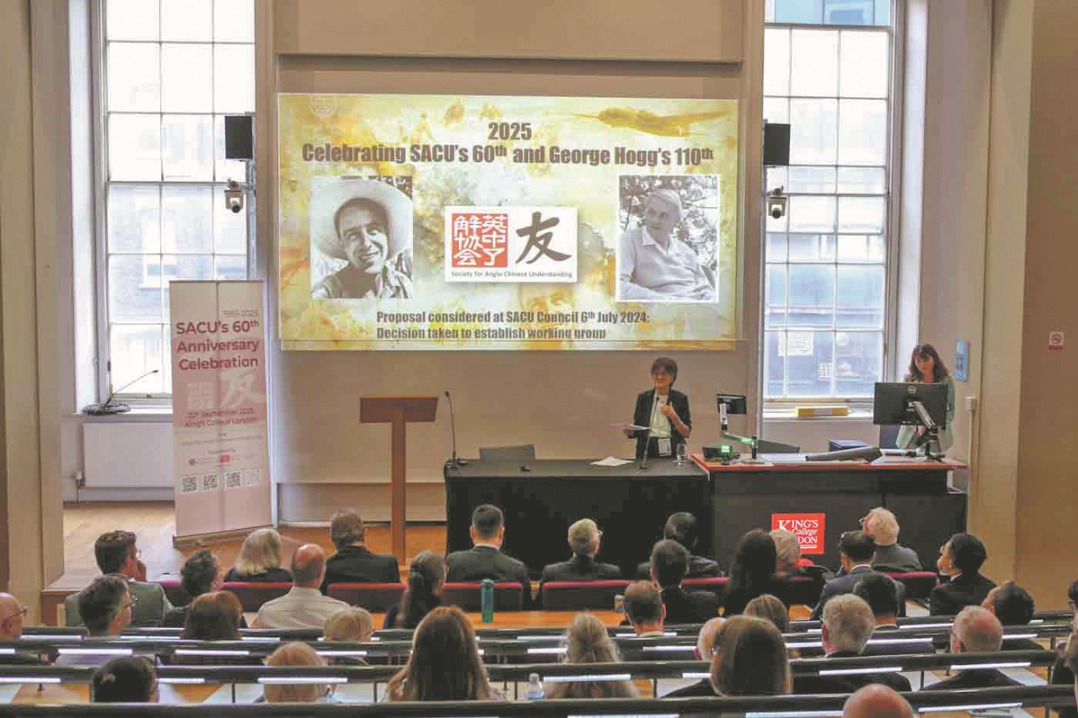Putting a stop to shifting sands
Long-running shelterbelt forest program ring-fences deserts in country's north, as Zhang Xiao reports


President Xi's ecological philosophy emphasizes systematic approaches.
If tree planters only focus on planting trees, water managers only on managing water, and field protectors solely on protecting fields, it's easy to address one issue at the expense of another, ultimately causing systemic ecological damage, Xi said back in 2013.
During the 2021 National People's Congress, when discussing with the Inner Mongolia delegation, Xi further included the treatment of sand into the overall, systematic ecological governance.
Viewing mountains, waterways, forests, fields, lakes, grasslands and deserts as a life community represents China's latest concept for comprehensive, all-regional and full-process systematic ecological governance.
The Three-North program's success depends on systematic organization and implementation — from national top-down design and financial support, to local government implementation, to scientific research breakthroughs, to continuous public investment.
The Three-North program's core achievement lies in deeply integrating ecological, economic and social development goals. As it achieves the ecological objectives of preventing wind erosion, conserving soil and water, and improving climate, it will also transform "lucid waters and lush mountains" into economic assets through economic forests, understory economies and eco-tourism. This allows people to benefit from desertification control while protecting farmland, villages and transportation networks, ensuring livelihood safety and providing employment opportunities.
This model of "promoting development through governance and safeguarding governance through development" fundamentally resolves ecological engineering's sustainability challenges, forming a socio-ecological system full of endogenous vitality and self-evolution.
Contact the writer at zhangxiao@chinadaily.com.cn
























